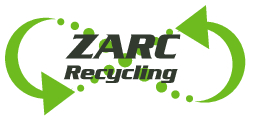Aluminum
Aluminum is one of the most recycled -- and most recyclable -- materials on the market today. Nearly 75 percent of all aluminum produced in the U.S. is still in use today. Aluminum can be recycled directly back into itself over and over again in a true closed loop. The economics of aluminum also contributes to its position as one of the most-recycled metals in the U.S. Unlike many other materials, aluminum more than pays for its own recycling in the consumer and industrial waste stream. The reason: demand for aluminum continues to skyrocket and recycling aluminum saves more than 90 percent of the energy required versus producing new metal.
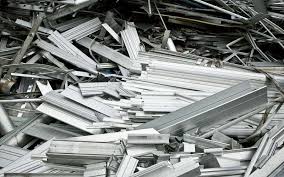
Knowing the difference between the different types of aluminum we buy will help you maximize your value. The following section goes over the different categories of aluminum we buy.
• Sheet Aluminum
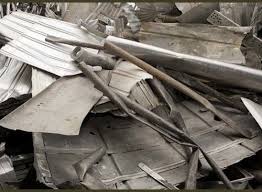
Sheet Aluminum - Aluminum from 0.008 inches to less than 0.25 inches thick is considered sheet. Thinner aluminum is foil. They are cheaper than regular aluminum extrusions thicker than 0.25 inches. Examples of this are: aluminum window screens, aluminum blinds, aluminum printing press sheets, signage boards, license plate.
• Cast Aluminum
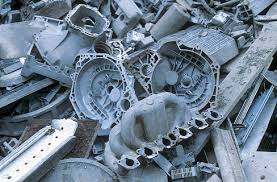
Cast Aluminum – Aluminum which are essentially solid and not hollow in its composition. You can tell by looking if the surface is grainy and not smooth. Examples of cast aluminum include various car parts, grill covers, exterior lawn chairs, lamp base.
• Aluminum Extrusion
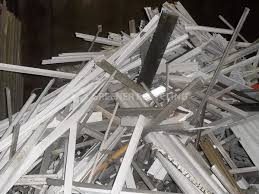
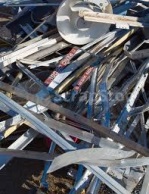
Aluminum Extrusion – Aluminum pieces that are greater than 0.25 inches in thickness. These include window frames, bicycle frames, aluminum car frames, car hoods, shelves, and aluminum casing. If you have clean extrusions (meaning no glue, tape, plastics, or other metals attached to them), separate the clean color aluminum versus non-color aluminum for maximize pricing.
• Insulated Aluminum Wire
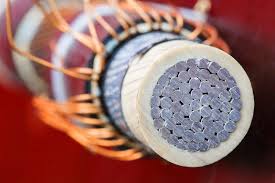
Insulated Aluminum Wire – If you have aluminum wiring, separate the ones that are insulated (covered with plastic) and non-insulated. The non-insulated or bare wire pays more.
